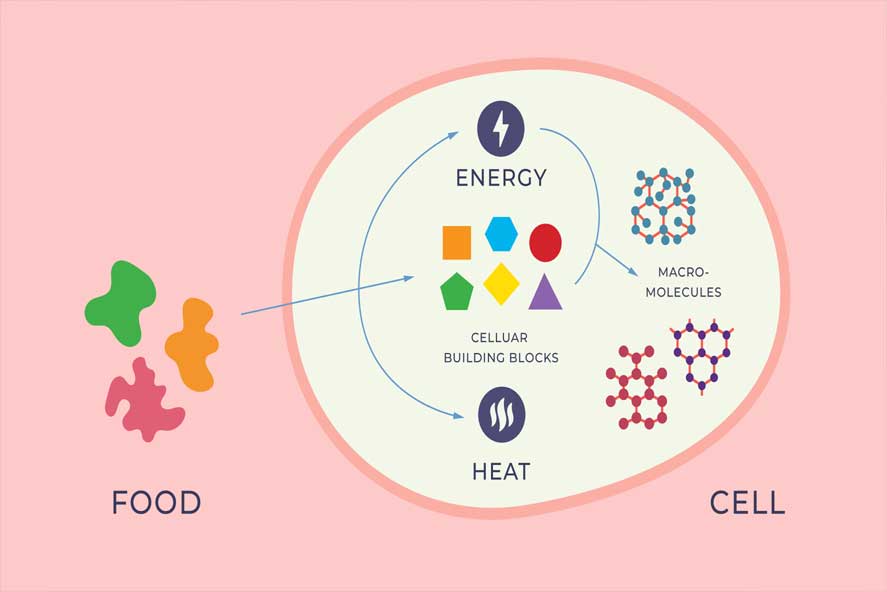

Attention deficit disorder (ADD) is one of three subtypes of attention-deficit hyperactivity disorder (ADHD) and the symptoms that both disorders present primarily are inattention, easy distractibility, forgetfulness, disorganization, procrastination, and difficulty with completing tasks. The areas where they differ is ADD typically presents with lethargy and fatigue, with less symptoms of hyperactivity or impulsiveness typical of the other ADHD subtypes.
We know ADD/ADHD is related to genetics, and other contributors are adverse reactions to food additives such as food colouring, preservatives, flavors, intolerances to foods, sensitivities to environmental chemicals, molds, and fungi, and exposures to toxins such as heavy metals and pollutants. Abnormalities in brain circuitry and dopaminergic pathways have been observed in ADHD, making methylphenidate (Ritalin®) and other potent psychostimulants some of the most popular drugs in treating this condition. However, there is increasing controversy over the widespread use of ADD/ADHD medications due to possible life-threatening effects from its long-term. This mounting concern over the side effects has made it imperative that alternative therapies be implemented and integrated for ADHD management.
Multiple nutrient deficiences have been studied and well identified in ADHD. Many nutrients provide the body with essential building materials for the neurological system and other major organ systems to function normally and optimally. A deficiency with even a simple vitamin such as Vitamin B12 can have severe effects, such as difficulty with focusing, forgetfulness, sleeping issues, fatigue and lethargy. Some common deficiencies we’ve seen include certain types of minerals, B vitamins, omega-3 and omega-6 essential fatty acids, antioxidants and other cofactors.
When these patients are managed with supplementation, dietary modification, detoxification, correction of intestinal dysbiosis and digestive issues, and other integrative therapies such as behavioral/education/speech/physical therapies, many ADHD/ADD patients can lead a normal life.
Patel et al. (2007). A Comprehensive Approach to Treating Autism and Attention-Deficit Hyperactivity Disorder: A Prepilot Study. The Journal of Alternative and Complimentary Medicine. 13(10), 1091-1097
Wright, R., Bacarrelli, A. (2007). Metals and Neurotoxicology. The Journal of Nutrition. 137, 2809–2813
Richardsom, A. (2006). Omega-3 fatty acids in ADHD and related neurodevelopmental disorders. Int Rev Psychiatry. 18(2),155-72.


Leave a Reply